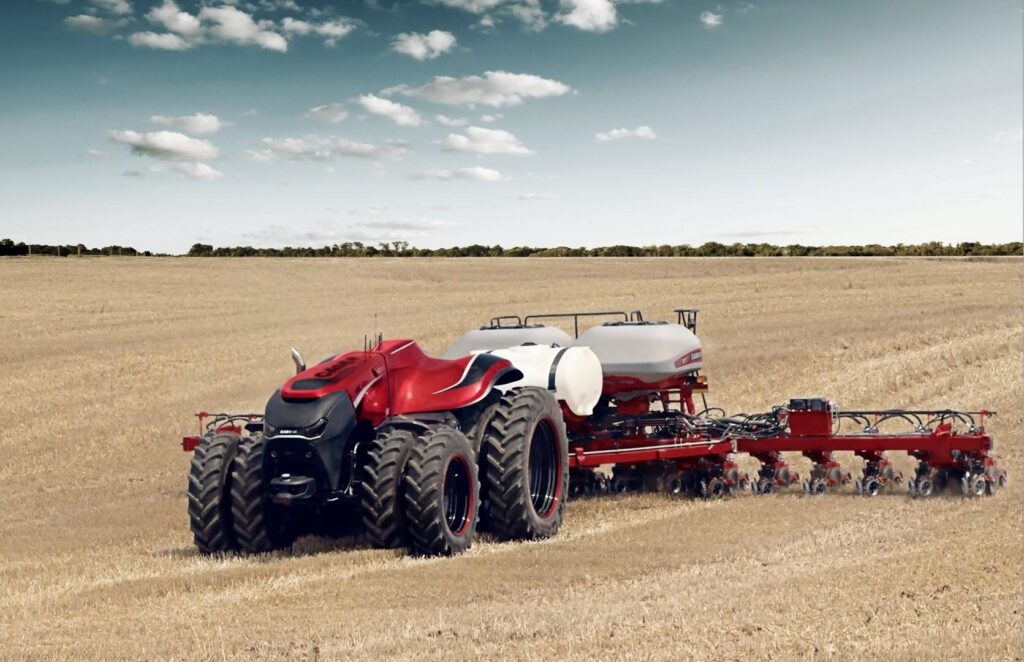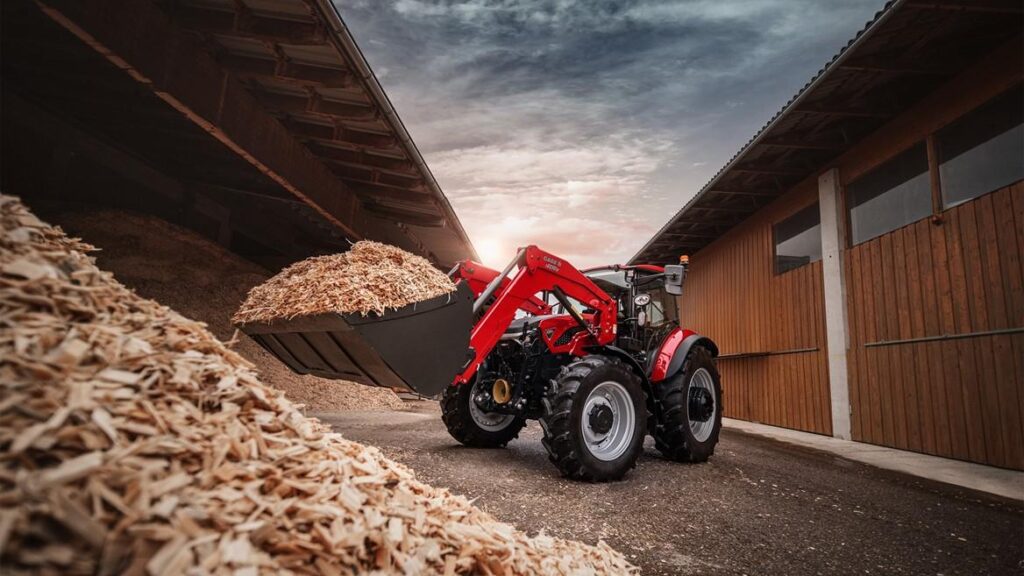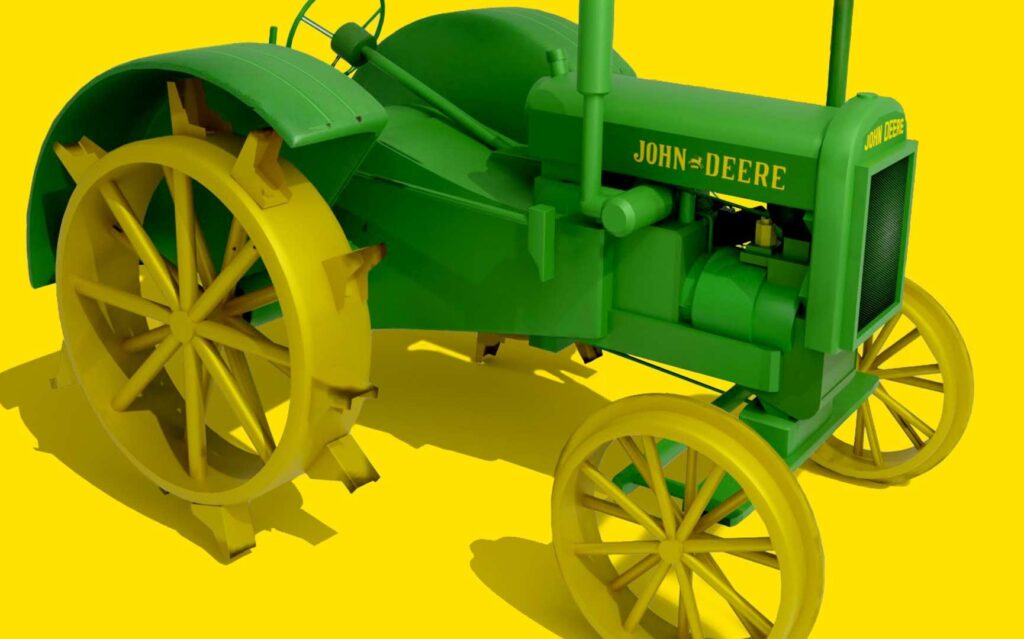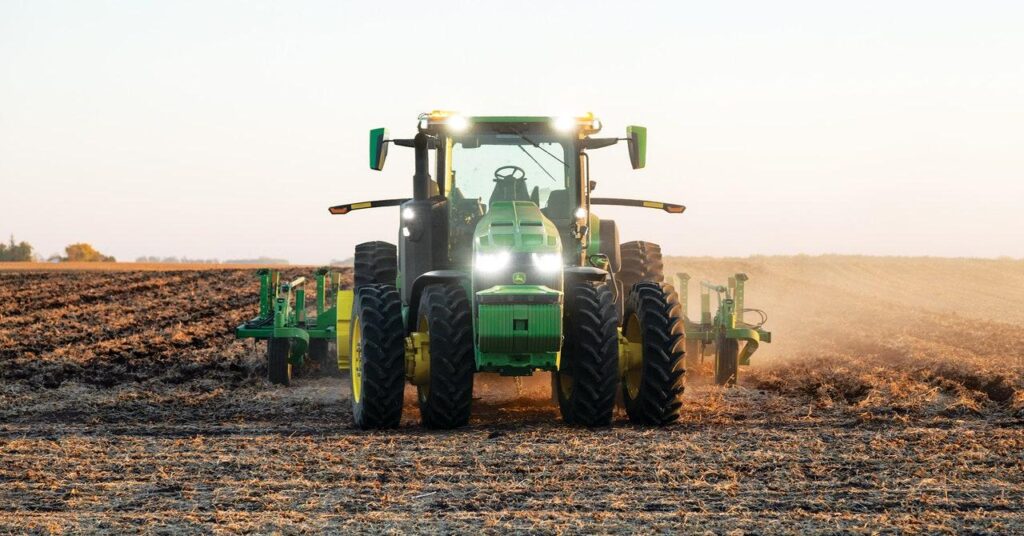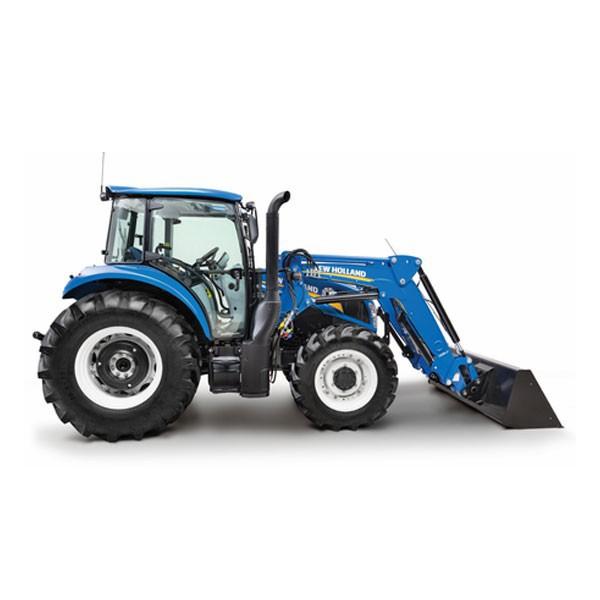Agricultural equipment manufacturer CNH Industrial has announced a strategic partnership aimed at developing autonomous tractor technology. The initiative marks a significant step towards bringing self-driving capabilities to farming operations, as the company seeks to address labor shortages and boost farming efficiency.Through this collaboration, CNH Industrial plans to integrate advanced artificial intelligence and machine learning systems into its agricultural machinery, enabling tractors to operate independently in various field conditions. In a groundbreaking move for agricultural automation, CNH Industrial has announced strategic partnerships with leading technology firms to accelerate the growth of autonomous farming equipment. The collaboration aims to revolutionize conventional farming practices by introducing advanced self-driving capabilities to their tractor lineup.The initiative brings together expertise from artificial intelligence specialists, robotics engineers, and agricultural technology developers. These partnerships will enhance CNH’s existing precision farming solutions while introducing new autonomous features that promise to boost productivity and efficiency in agricultural operations.
Key developments include advanced sensor integration, machine learning algorithms, and refined obstacle detection systems. The technology will enable tractors to navigate fields independently, perform complex farming tasks, and adapt to various environmental conditions without constant human supervision.
Central to this development is the implementation of real-time data analysis and decision-making capabilities.The autonomous systems will process information about soil conditions, crop health, and weather patterns to optimize farming operations. This data-driven approach ensures precise execution of tasks such as plowing, seeding, and harvesting.
Safety remains a primary focus of the development process. The self-driving tractors will incorporate multiple layers of redundancy in their control systems, along with complete safety protocols to prevent accidents and protect both equipment and surrounding personnel. Emergency stop mechanisms and remote monitoring capabilities will provide farmers with complete control over their autonomous equipment.
The partnership extends beyond hardware development to include comprehensive software solutions. Cloud-based platforms will enable farmers to manage their autonomous fleet, schedule operations, and monitor performance metrics from any location. This integration of digital tools supports more efficient farm management and decision-making processes.
Field testing has already commenced in various agricultural regions, with promising results in terms of accuracy and reliability.Early trials demonstrate significant improvements in operational efficiency, with autonomous tractors working continuously during optimal conditions while maintaining consistent quality standards.
Environmental considerations play a crucial role in the development process. The autonomous systems are designed to optimize fuel consumption, reduce soil compaction, and minimize chemical usage through precise application methods. This approach aligns with lasting farming practices while maintaining high productivity levels.The economic implications of this technological advancement are significant. initial cost analyses suggest potential savings in labor expenses, reduced operational errors, and improved resource utilization. These benefits make the investment in autonomous technology increasingly attractive for modern farming operations.
Training and support programs are being developed to help farmers transition to autonomous farming systems. These initiatives include comprehensive technical education, operational guidance, and ongoing support to ensure successful implementation of the new technology.

